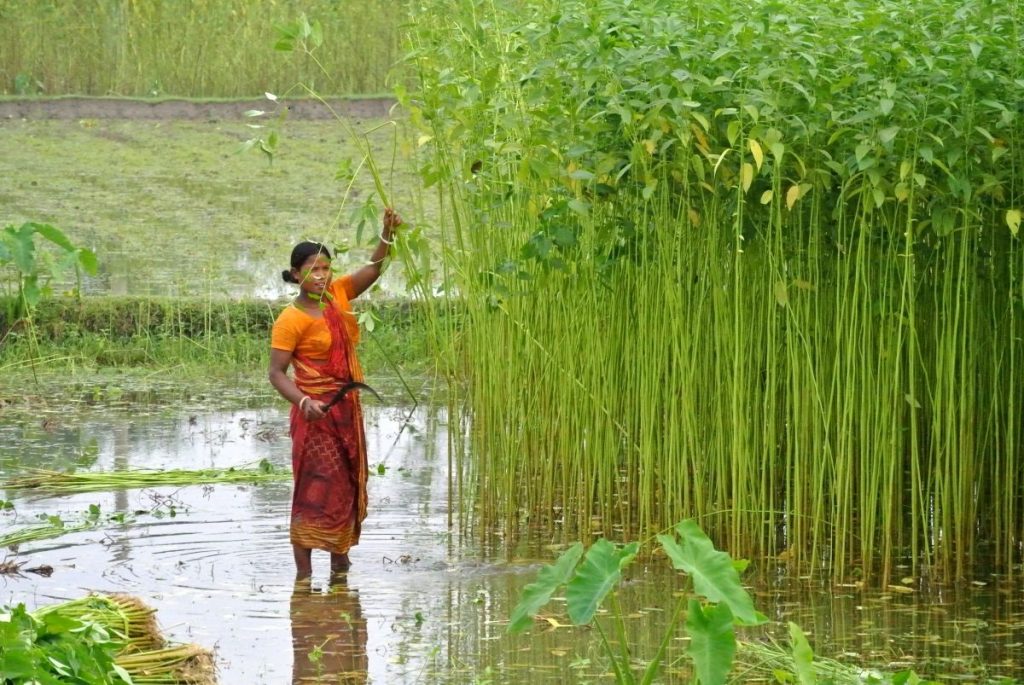Balasore: At one point in time, the state was one of the highest jute producers in the country. However, with no government support coming in, farmers are turning away from this crop.
Jute is a biodegradable material and many things like carpets, sacks, ropes and other household articles can be made from it. It is also widely used as fuel in rural areas.
Distress sales of raw jute, inadequate marketing facility for jute fibre products and lack of government support have pushed aside the crop, and the farmers of Odisha are no longer showing interest in cultivating it.
The UN is stressing the use of jute products instead of plastics to protect the environment.
The state government has not done anything substantial to promote jute cultivation. Surprisingly, it has made no provisions for jute either in its annual budget or its agricultural policy.
As a result jute production has gone down substantially in the state, Agriculture Department sources said.
Jute was cultivated in around 2,000 hectares from 1970 to 1995, bit it came down after 2000.
In FY 2014-15, jute was cultivated in 7.56 hectares, in FY 2015-16 in 5.63 hectares, in FY 2016-17 in 3.88 hectares, in FY 2017-18 in 4.37 hectares and in FY 2018-19 in 3.99 hectares.
Jute was once widely cultivated in districts like Balasore, Kendrapara, Cuttack, Jajpur, Bhadrak, Puri, Khurda and Nayagarh. In some of these districts jute cultivation has now completely stopped.
As the Centre and state governments have banned the use of plastics and other non-biodegradable materials it is high time the state government gave special attention to jute. Jute restores the natural fertility of the soil.
PNN
